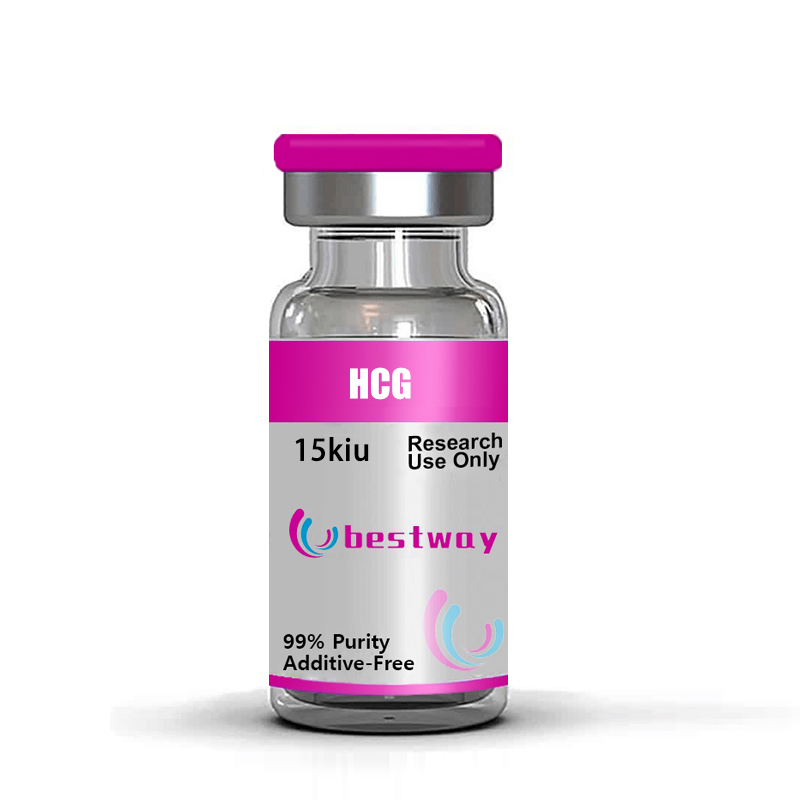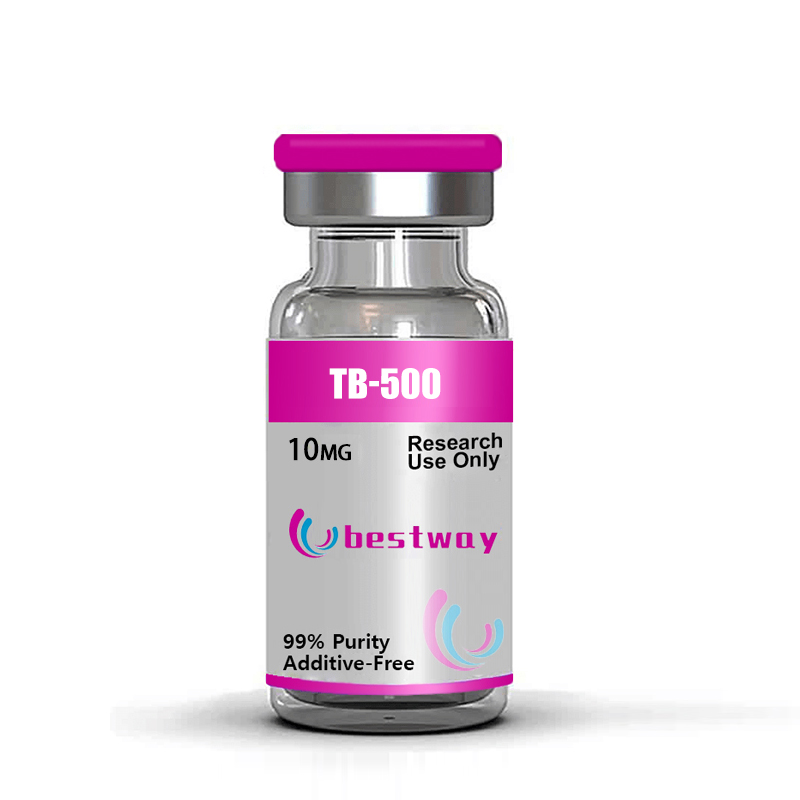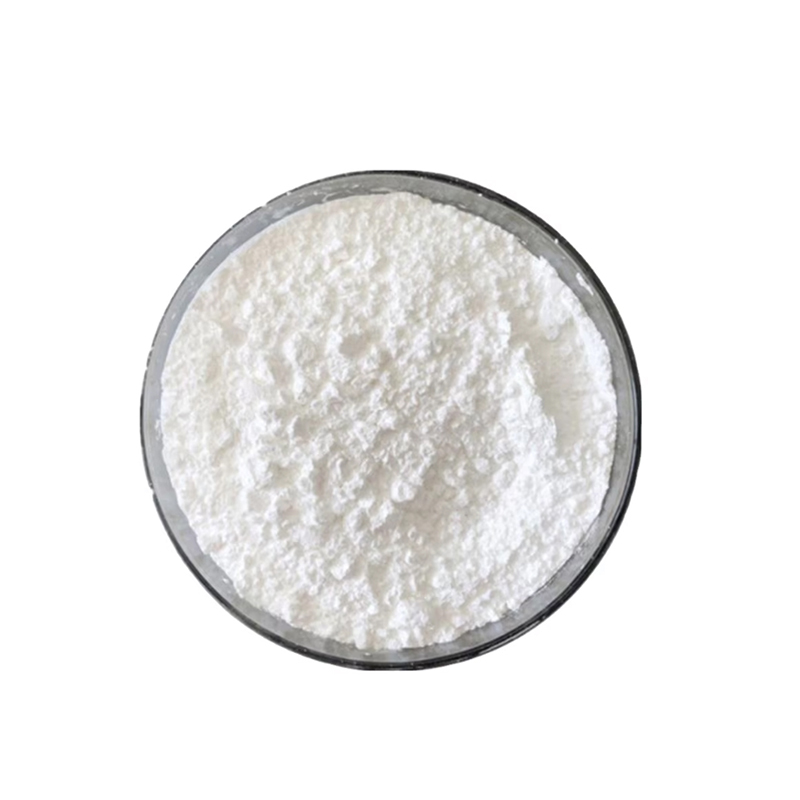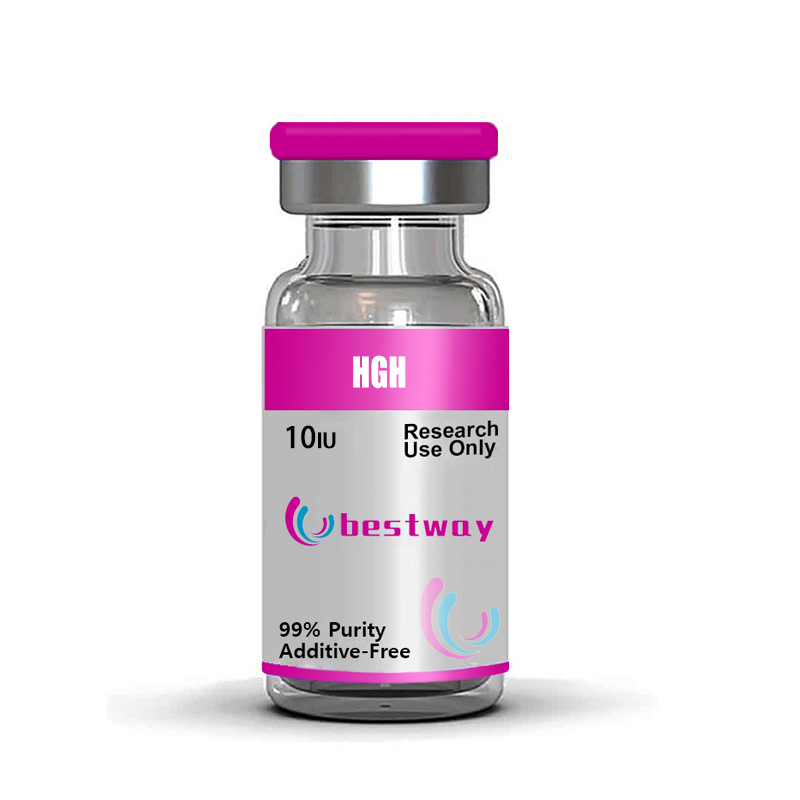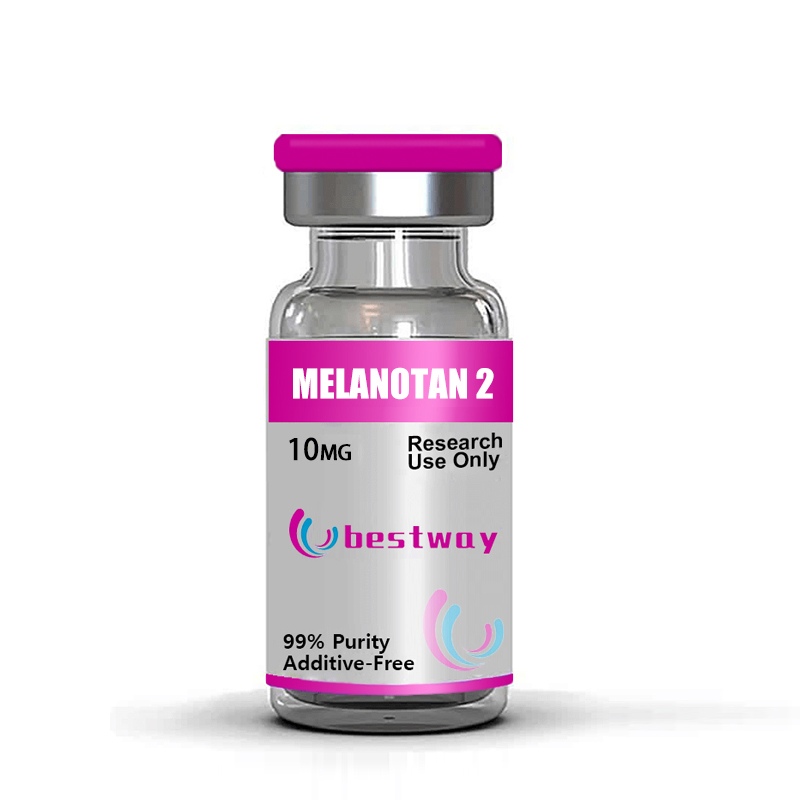What does the hCG hormone do?
Human chorionic gonadotropin is a hormone that is primarily produced by the syncytiotrophoblast cells of the placenta during pregnancy. The hormone stimulates the corpus luteum to produce progesterone to maintain the pregnancy. The pituitary gland, liver, and colon also produce small amounts of hCG
What does hCG do for men?
For men or adolescent boys, HCG helps with testosterone and sperm production. HCG is also used to treat boys with cryptorchidism, a specific testicular birth problem.
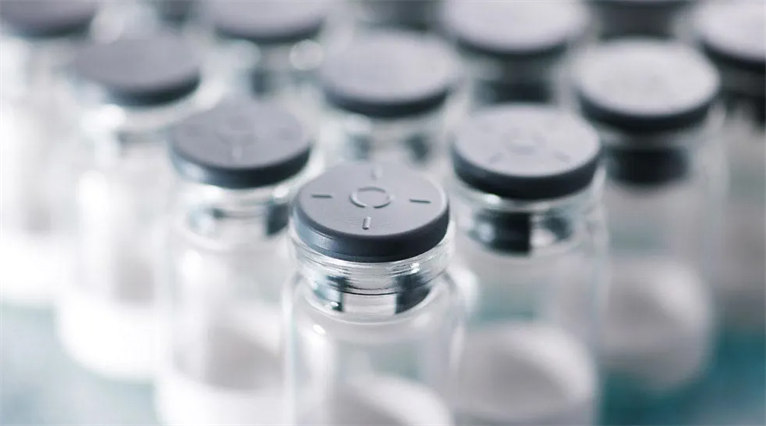
All About HCG Levels During Pregnancy | What is hCG?
If the hCG level is below 5 mIU/mL, it is considered not to be pregnant, and if it is above 25 mIU/mL, it is considered to be pregnant. If the hCG level is between 6 and 24 mIU/mL, it is in the gray area and you may need to retest to see if the level rises to confirm pregnancy.
Are there any side effects of hCG?
This medicine can cause ovarian hyperstimulation syndrome (OHSS), which can be life-threatening. If you experience symptoms such as bloating, diarrhea, severe nausea, stomach pain, rapid weight gain, or vomiting, see your doctor right away.
What can high hCG do to your body?
One medical concern about elevated hCG levels is that it could indicate gestational trophoblastic disease (GTD). GTD can happen during or after pregnancy. It causes abnormal cells to grow in the uterus. Some can be cancerous, but most are benign.
What does hCG do for women?
Human chorionic gonadotropin (hCG) is a hormone produced by the placenta during pregnancy. It helps thicken the lining of the uterus to support the developing embryo and tells the body to stop menstruating.
Can I still get pregnant with hCG?
Your hCG levels don't need to drop to zero to try to get pregnant again. They just need to be low enough that they can't be detected on a blood or urine test. Higher hCG levels can interfere with determining when you ovulate or cause a false positive pregnancy test.

